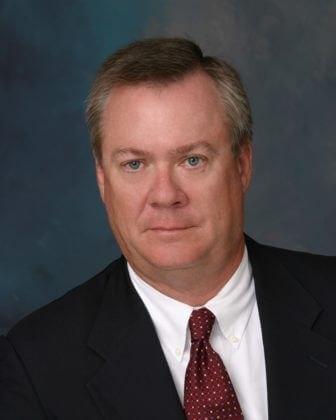On Friday, April 29, 2016, the Texas Supreme Court handed down an important decision, very favorable to industry, involving the City of Houston’s over-the-top criminal enforcement program. While this one involved the Texas Clean Air Act (“TCAA”), it will have an across-the-board impact on future enforcement actions by the City of Houston.
For those of you outside of Texas, the City of Houston’s environment enforcement division is a HUGE money maker for Houston – bringing in more in penalties and fines that any other enforcement program in the city, including traffic fines and drug-related enforcement. Houston is the country’s fourth largest metropolitan area.
A little background – in 1992, the Houston enacted an air-quality ordinance to regulate air pollution from facilities that were not already regulated under the TCAA. In 2007, Houston amended the 1992 ordinance to establish its own air-quality regulatory-compliance program and adopted a fee schedule to fund the program. The 2007 amendment expanded the 1992 ordinance’s scope to include the regulation of facilities and sources subject to TCEQ regulation under the TCAA and made it “unlawful” to operate a facility inside Houston’s borders unless the facility was registered with Houston.
In February 2008, an industry group, comprised of chemical companies and refineries, filed suit seeking a declaratory judgment and an injunction that the 2007 amendment was invalid and unenforceable under the TCAA, as well as under the Texas Water Code, and the Texas Constitution. After the lawsuit was filed, on May 7, 2008, Houston passed an additional amendment to the air-quality ordinance, providing that a violation of the incorporated TCEQ rules “shall be unlawful” (making it a criminal violation) to be prosecuted in municipal court, with fines between $250.00 and $2,000.00 per day of violation. The industry group won at the trial court level, and the court of appeals reversed the trial court.
In Friday’s ruling, the Texas Supreme Court stated: “the Legislature has enacted a comprehensive and flexible regulatory regime for investigation into possible violations of the Act and consistent enforcement of the state’s air pollution laws. The Legislature enacted specific requirements for criminal prosecution of a violation of the Act or TCEQ rules, orders, or permits. The Ordinance allows the City to circumvent those requirements, creating a parallel enforcement mechanism without deference to the TCEQ’s statutorily mandated discretion. The Legislature’s intent that administrative and civil remedies be applied whenever possible and at the discretion of the TCEQ is thwarted by the Ordinance’s discretionless criminal enforcement provisions.” The Texas Supreme Court concluded that the enforcement provisions of the ordinance were inconsistent with the statutory procedural requirements for criminal prosecution in the TCAA and the Texas Water Code. The enforcement provisions and the registration provisions were found to be preempted.
Here is a link to the Court’s opinion: http://www.txcourts.gov/media/1364029/130768.pdf
More later.
As always, feel free to contact me at walter.james@jamespllc.com
WDJiii

